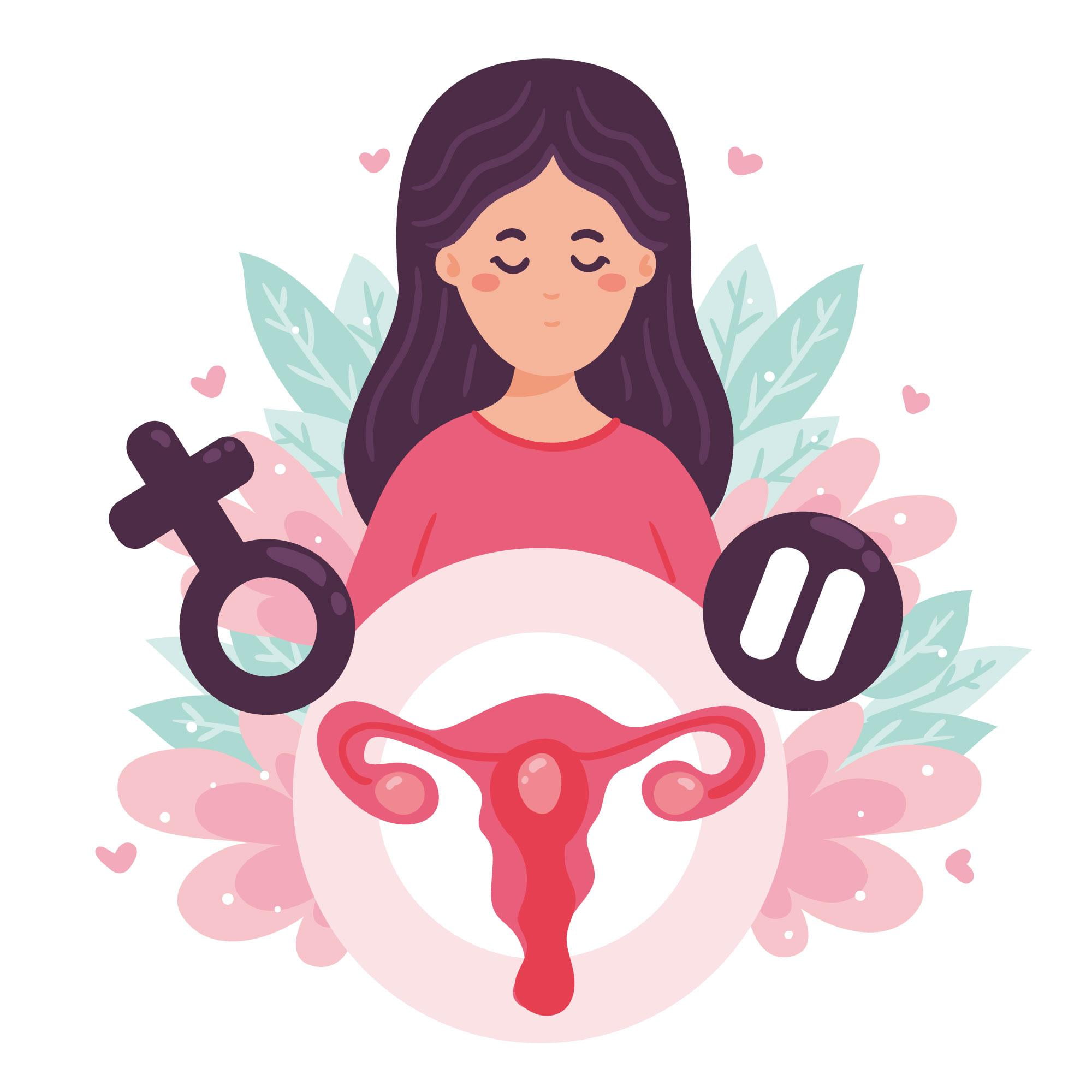Cancer Types
Ovarian Cancer
The Ovaries are on both the sides i.e. right and left. They are basically the reservoirs of eggs in the women. They also contain various other cells and tumors or cancers can affect each of these cells.
There are certain Ovarian Cancers which come up in women. These are called as Germs or Tumors.


Screening & Symptoms
Screening:
They are very well treated and are normally cured. The other types of cancers which are epithelial cancers are seen in older women. They are unfortunately diagnosed late because of the absolute lack of symptoms and the presence of the ovaries deep in the abdomen which means that there is no symptom or no danger sign and emanates in the early stages.
Symptoms:
The symptoms of ovarian cancer include bleeding in menses, bleeding after intercourse, white discharge, foul smelling discharge, loss of weight, excessive bleeding, lump felt within the abdomen, symptoms due to meta stapes like bone pain and persistent cough in the lungs.


Diagnosis & Treatment
Once diagnosed, the treatment is Chemotherapy and followed by surgery. If Ovarian Cancer is diagnosed in early stage then cure is definitely possible. However most patients get diagnosed in the 3 rd stage following which the cure may be a percentage little less. What is done is normally giving the good quality of life following a fair amount of survival. Patients may require multiple sessions of Chemotherapy which are normally well tolerated by patients and what is happening today is that the supportive care that is available is that patientscan tolerate Chemotherapy easily.
At Anil Cancer Clinic, we make patients aware so that there is an attempt to diagnose these cancers early.

Do's & Don'ts During Treatment
During ovarian cancer treatment, it's essential to follow specific guidelines to optimize recovery and minimize complications. Adhering to prescribed medications, maintaining a balanced diet, staying hydrated, and avoiding certain activities are crucial do's and don'ts during this period.

Post Treatment Support, Followup Care and Surveillance :
Post Treatment Support:
After completing treatment, ongoing support is essential for patients to navigate life post-cancer. Regular check-ups, discussions with healthcare providers, and emotional support can contribute to a smooth transition into survivorship.
Follow-ups Cancer Plan:
A comprehensive follow-up plan is essential to monitor the patient's health post-treatment. Regular follow-up appointments, imaging studies, and laboratory tests help detect any signs of recurrence or complications early on.
Surveillance & Monitoring for Indications for Recurrence:
Surveillance and monitoring play a crucial role in detecting any indications of cancer recurrence. Understanding the signs and symptoms that may warrant immediate attention ensures timely intervention.
FAQ
Frequently Asked Questions
Risk factors for ovarian cancer include a family history of ovarian or breast cancer, inherited genetic mutations (such as BRCA1 and BRCA2), increasing age, never having been pregnant, hormone replacement therapy, and certain genetic conditions like Lynch syndrome.
Symptoms of ovarian cancer may include abdominal bloating or swelling, pelvic pain, difficulty eating or feeling full quickly, frequent urination, changes in bowel habits, fatigue, and unexplained weight loss. However, it's important to note that these symptoms can be vague and may mimic other less serious conditions.
The prognosis for ovarian cancer varies depending on factors such as the stage at diagnosis, the type of ovarian cancer, and how well it responds to treatment. While early-stage ovarian cancer is often curable, advanced-stage ovarian cancer may be more challenging to treat, but significant advances in treatment have improved outcomes for many patients.
While there is no guaranteed way to prevent ovarian cancer, some strategies may reduce the risk, including taking oral contraceptives (birth control pills), having multiple pregnancies, breastfeeding, maintaining a healthy weight, and undergoing risk-reducing surgeries for women with a high genetic risk.

